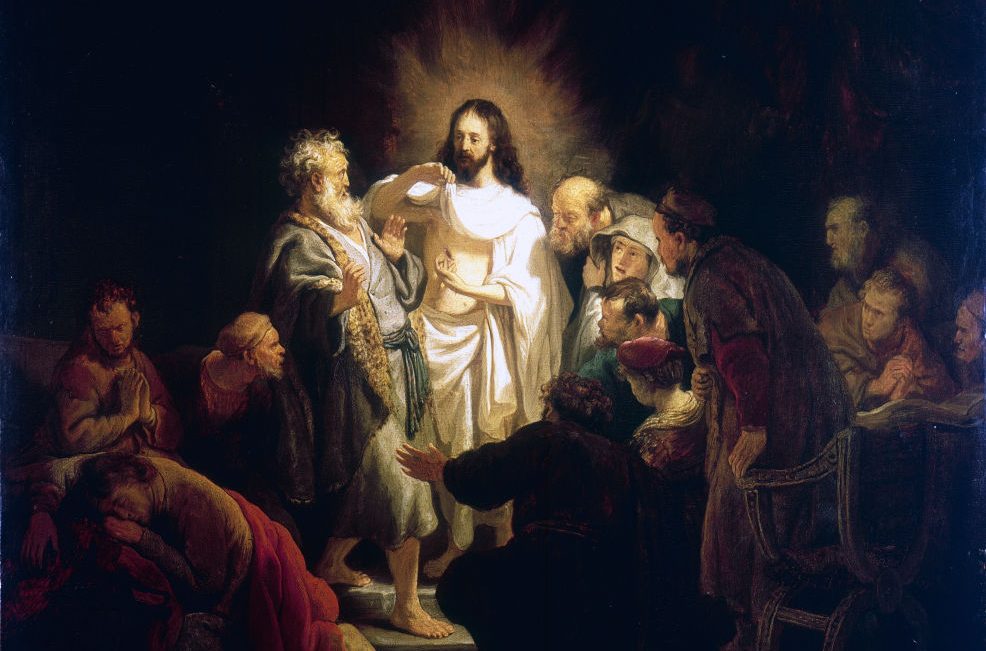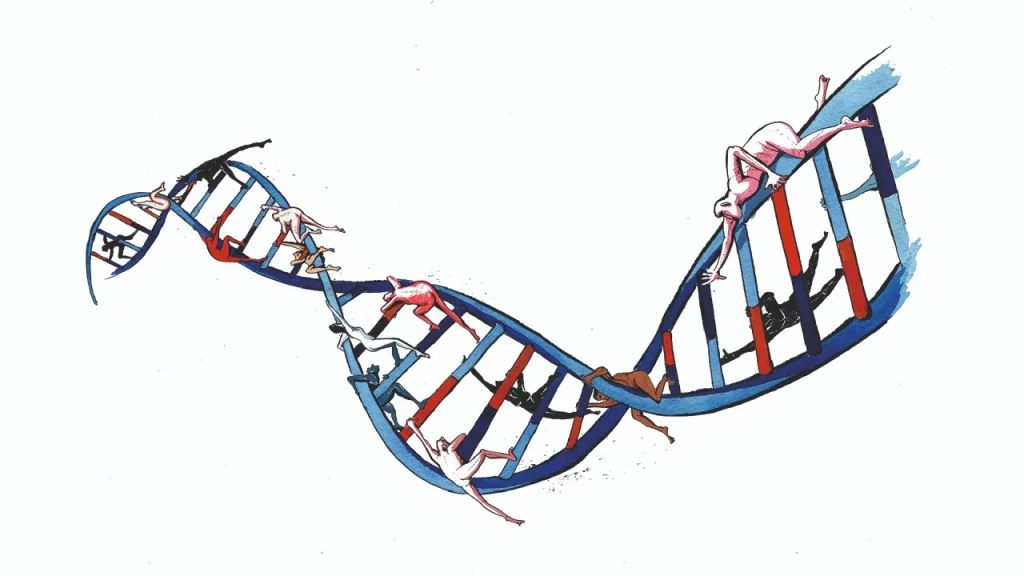Christian interpretations of Easter can sound notoriously subjective to sceptics. Consider the following claims made by a distinguished preacher I heard recently. ‘To encounter Jesus is to encounter the source of all life and love – namely God himself.’ ‘In the Incarnation, [Christ] becomes one of us in order to restore life to a dead world.’ And ‘Jesus entered into mortal danger to save us from endless death, to impart for us his eternal, divine life at the cost of his human life.’ Similar sentiments are, of course, very familiar to churchgoers.
But what inspires the faithful often leaves others cold. How did the crucifixion and what followed it change a world still as plainly soured by division and tragedy now as two millennia ago? And if an assertion cannot be falsified, doesn’t that make it suspect or even meaningless by definition?
It is generally agreed that the disciples were accused of stealing the body
The weightiest reply to these challenges must start with the resurrection. St Paul insists that Christian faith counts as a hoax if Christ was not raised. The New Testament also emphasises that resurrection faith rests not on bloodless intellectual assent but on a reorientation of the self. Again, though, the edifice of belief cannot stand unless rooted in an objective event. The Church proclaims that God left an authenticating signature on the historical process in a very dramatic and public way. If Christ only rose in human hearts, then much of the creed looks wishful in consequence.
What, then, are the main reasons for trusting the New Testament on this score? At least seven empirical grounds could be advanced. First, scholars do not dispute that the resurrection was proclaimed in Jerusalem a few days after it allegedly happened. This would have been a puzzling and risky thing to do had the tomb not been empty. What’s more, the location of the tomb could not have been unknown to the authorities: Roman guards were placed there and Joseph of Arimathea was on the Sanhedrin.
Second, it is generally agreed that the disciples were accused of stealing the body: the evidence is thought to be strong, because it’s a piece of testimonium hostium. But the accusation makes no sense if there was no empty tomb to be explained.
Third, if the tomb was not empty, the most straightforward way of arresting the cult would have been to produce and display the body. Such public displays were not uncommon.
Fourth, the absence of any trace of veneration at the tomb or shrine – or any pilgrimage to it – suggests that the tomb was indeed empty. It was customary in Judaism for the tombs of prophets and other holy men to be venerated.
Fifth, the discovery of the tomb by women is historically probable, because of cultural attitudes and legal principles concerning the authority of female testimony which are widely known about. No one concocting literature whose purpose was to persuade people of the truth of the resurrection would have said that women were the prime witnesses.
Sixth, the rapid shift among early Christians from observing the sabbath on Saturdays to celebrating the eucharist on Sundays – observed by Pliny in about AD 110 but in evidence much earlier than that – is highly telling.
Seventh, it is widely accepted that Paul (albeit indirectly) attests to the empty tomb in I Corinthians 15:3–5 given the died–buried–raised pattern, his doctrine of resurrected and transformed bodies, and his belief in the personal return of Christ. Since this chapter arguably contains one of the earliest credal formulas in the New Testament – scholars agree that for grammatical and lexicographical reasons Paul is reciting an established credo – it weighs heavily with many well-informed readers.
But there is an eighth and supremely important ground for orthodox belief, namely the willingness of all the inner disciples and apostles to submit to martyrdom for maintaining the truth of what they had seen. The prevalent idea that they had stolen and hidden Jesus’s body and then concocted a story about his resurrection collapses in the face of their willingness to undergo significant trials and suffering and eventually be killed for the truth of what they saw.
‘This is also true today,’ as another preacher I know has put it. ‘Thousands are willing to die for their experience of the risen Christ. Yes, people are willing to die for political causes, and in war, although I think there is an element of hazard in there – but it is extraordinary that, as far as we know, all the apostles were executed for their faith whilst millions of believers since then have undergone the same.’







Comments